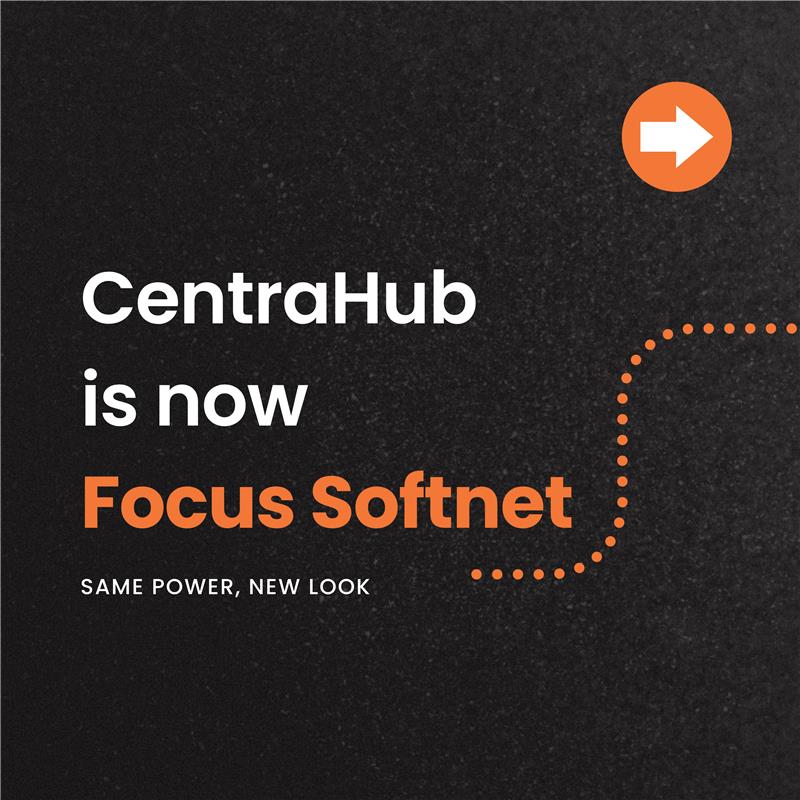

In recent years, cloud computing has been transforming various software solutions, and customer relationship management (CRM) systems are no exception. The migration from traditional, on-premise systems to cloud-based solutions has brought about significant changes and benefits.
This blog post explores how cloud computing impacts on CRM systems in 2023, highlighting the advantages and advancements that cloud-based software brings to businesses.
By leveraging the infrastructure of cloud computing CRM, businesses can gain enhanced scalability and flexibility. These systems can easily scale their business operations up or down based on their needs, without the limitations of physical hardware.
Cloud CRM software allows for elastic resources, ensuring that storage, processing power, and user capacity can be adjusted dynamically. It offers agile deployment, enabling businesses to quickly add or remove features and integrations. Being available in a pay-as-you-go model, businesses only pay for the resources they use, making it cost-effective. It also provides global accessibility, allowing remote teams to collaborate seamlessly.
Cloud CRM software provides enhanced accessibility and mobility by enabling users to access data and tools from any location and device with internet access. Users can conveniently log into the CRM system through web browsers or dedicated mobile applications, allowing for remote work and on-the-go productivity. This accessibility empowers sales teams, customer service representatives, and other CRM users to access critical customer information, update records, and collaborate with colleagues from anywhere at any time. Cloud CRM software ensures that important data and functionalities are readily available, fostering seamless communication and efficient workflow across geographically dispersed teams.
Cloud-based CRM software provides cost-effectiveness and efficiency by eliminating the need for upfront hardware investments and reducing maintenance costs. As the system is hosted on the cloud by the vendor, businesses can avoid purchasing and maintaining expensive servers and infrastructure. Instead, they pay a subscription fee based on their usage, which allows for better budget management.
Cloud-based CRM software provides cost-effectiveness and efficiency by eliminating the need for upfront hardware investments and reducing maintenance costs. As the system is hosted on the cloud by the vendor, businesses can avoid purchasing and maintaining expensive servers and infrastructure. Instead, they pay a subscription fee based on their usage, which allows for better budget management.
Additionally, cloud CRM providers also offer automatic software updates and maintenance by the provider, reducing the workload on in-house IT teams. This ensures that businesses always have access to the latest features and security enhancements without additional costs.
Cloud CRM benefits businesses by providing robust data security and privacy measures to protect sensitive customer information. Service providers employ advanced security protocols, encryption techniques, and access controls to ensure data confidentiality and integrity. Regular data backups and disaster recovery options are implemented to safeguard against data loss.
Cloud-based CRM solutions also comply with data protection regulations, ensuring that customer data is handled following privacy laws. By leveraging the expertise and infrastructure of cloud service providers, businesses can benefit from the high level of security measures implemented to protect their valuable customer data.
Cloud CRM software offers seamless integration capability with other business applications such as email, marketing automation, and e-commerce platforms, allowing for streamlined data exchange and a holistic view of customer interactions. This integration enhances workflow efficiency and eliminates data silos.
Additionally, cloud CRM provides extensive customization options, enabling businesses to tailor the system to their unique needs, workflows, and branding. Customization allows businesses to create personalized user interfaces, automate processes, and define specific data fields and reports.
The flexibility to integrate and customize cloud CRM software empowers businesses to create a fully integrated and tailored customer management solution that aligns with their specific requirements and enhances overall operational effectiveness.
Cloud CRM software with advanced analytics and AI capabilities empowers it to analyze large volumes of customer data to extract valuable insights. AI-driven algorithms enable predictive analytics, helping businesses forecast customer behavior, identify trends, and make informed decisions.
Cloud CRM also facilitates personalized customer experiences by leveraging AI-powered features like chatbots, recommendation engines, and sentiment analysis. These capabilities enhance customer engagement, increase sales opportunities, and improve overall customer satisfaction.
Cloud CRM enables real-time data sharing and collaboration across teams, allowing for better coordination and faster response to customer inquiries or issues. With features like shared calendars, task management, and document sharing, teams can work together more effectively.
Additionally, cloud CRM supports omnichannel customer service, enabling businesses to interact with customers through various channels such as email, chat, and social media. This ensures consistent and personalized customer experiences.
The impact of cloud computing on CRM systems is substantial and far-reaching. Companies adopting the system can unlock new possibilities for improvements across marketing, sales, and customer service departments.